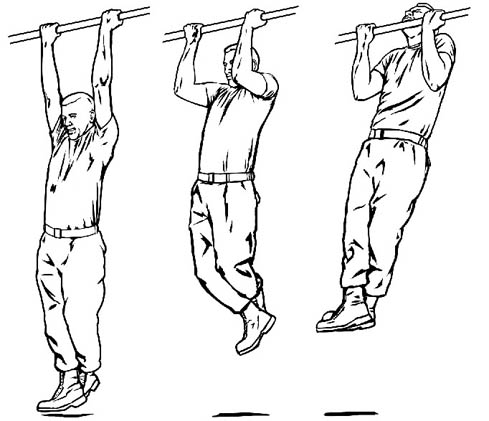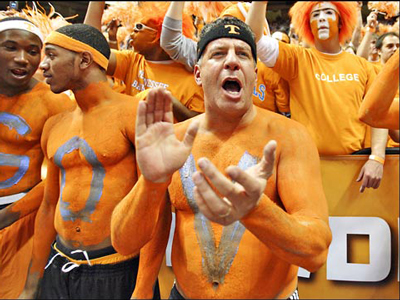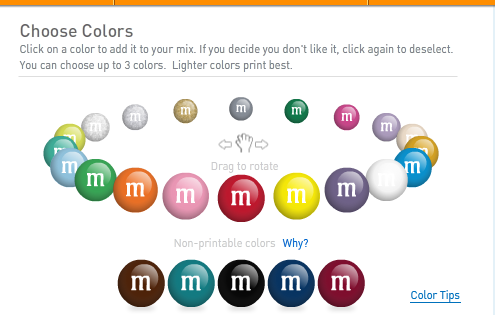Vacation Rewind: Some applicants ARE awesome and can do lots of pull-ups
Note: I am on vacation and while away this week I will be re-running a few old posts that for whatever reason I think deserve a second chance. Hope everyone has a great week!
-----------------------------------------------------------------------------------
(originally posted in February 2012)
Recently another 'clueless applicant' tale bounced around the interwebs, this one centered around what was described by Business Insider and Forbes as 'The Worst Cover Letter in the World', so bad that the applicant was 'laughed at by everybody on Wall Street.'
 Give me 35
Give me 35
If you missed the story, and don't want to click through to the linked pieces above, here is a quick summary:
An unnamed student at New York University, applying for what was described as a summer analyst position with JP Morgan, included a cover letter that was a bit over the top, a bit long, had a couple of really kind of stupid mistakes, but mostly seemed, (at least to me), to be coming from a hard-working, positive, ambitious, and eager individual that is determined to get his career started.
You can read the full, (with personal identifiable details redacted), cover letter here, and I am sure you'll be as equally amused as Forbes, BI, and most of Wall St. was with the applicant's references to his bench press progress, 'double my bodyweight', and ability to pick up computer programming languages quickly, 'I learned a year's worth of Java in 27 days on my own.'
And if you do read the full cover letter, and the corresponding article ripping the kid for mistakes, bragging, length, and overall lack of polish and professionalism in communication, you'll probably agree with the conclusions and comments in the Forbes and BI pieces.
Ha-Ha-Ha. What a joke, what a doofus. What in the heck are they teaching kids at NYU anyway. Let's all have a good laugh at this kid who clearly doesn't get it that no one cares about how much he can bench press or how many pull-ups he can do.
Here's what I think. If I were looking to fill spots for one of these summer analyst programs, I'd bring the kid in for an interview. I know the cover letter was not technically perfect. And yes, the kid probably needs a refresher course in some basic rules and mores here. But that doesnt' take away from some important considerations as well.
Assuming the kid's grades and program of study checked out, (easy to verify), I would look at the bragging and the posturing in the letter as an indication of a kid that has drive, that had goals and met them, and is probably the kind of kid that has had to work hard to get as far as he has.
Bench pressing double your body weight is hard. No, make that really freakin' hard. I have known maybe 3 guys in my whole life who could make that claim. And 35 pull-ups? Good luck passing ten. So maybe I am overvaluing the level of effort, sacrifice, and commitment it takes to make those claims, but to me, they show some character. And that I think would make me want to meet the kid.
On a broader level, I sort of get really angry and frustrated when I read these kinds of pieces, and read the smug know-it-all comments and insults lobbed towards job seekers who in an attempt to make their credentials stand out from the pack, fail to execute in just exactly the way we 'professionals' want them to. I am not defending spelling errors, shaky grammar, and sloppiness, but I am standing up for making a claim as to why you're awesome and why you deserve consideration.
So yes, if it were me, I'd bring the kid in to interview. And I'd probably ask for some workout tips.

 Steve
Steve



